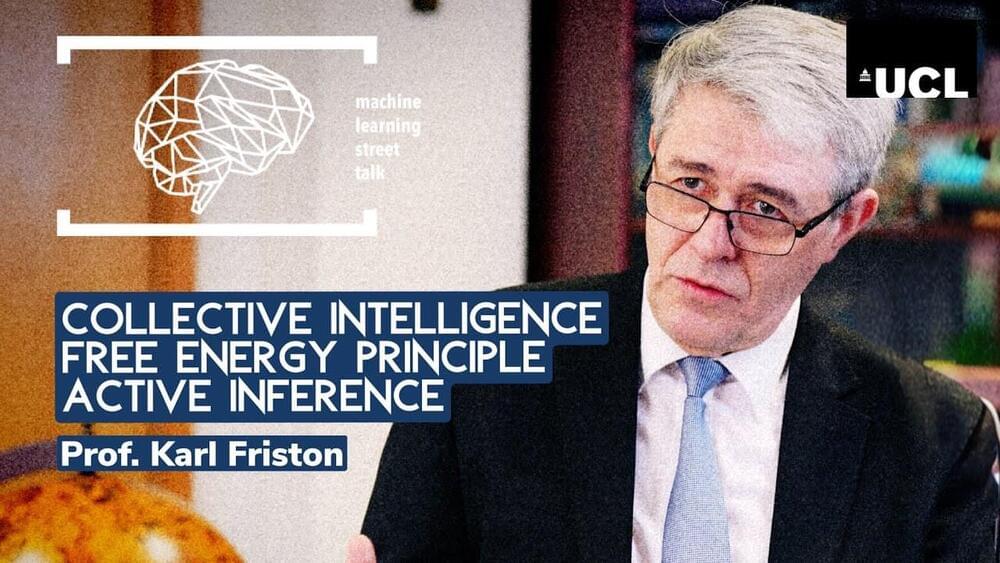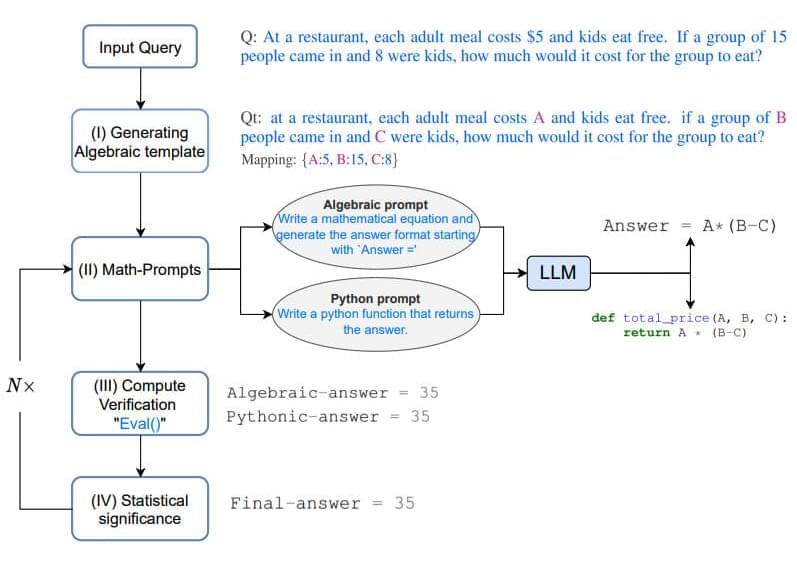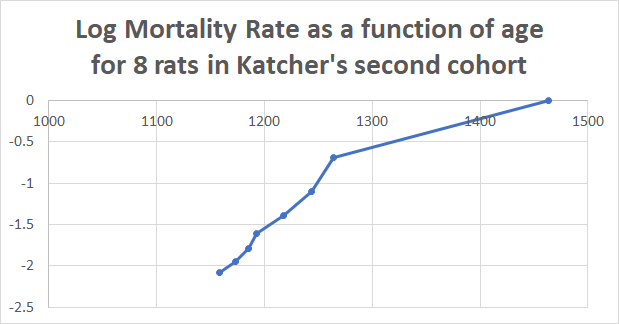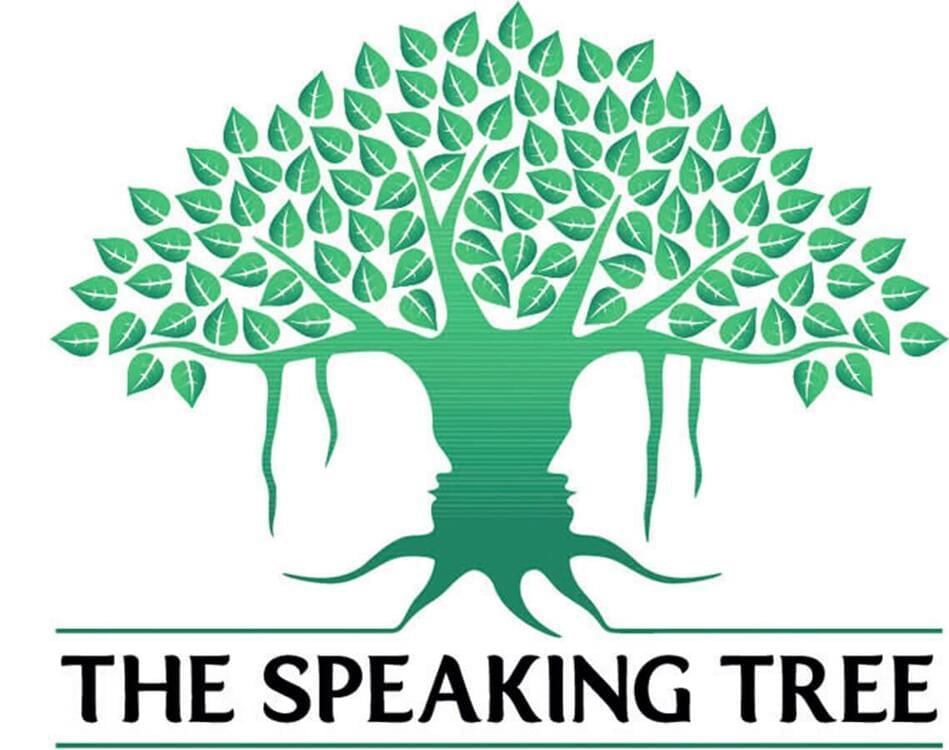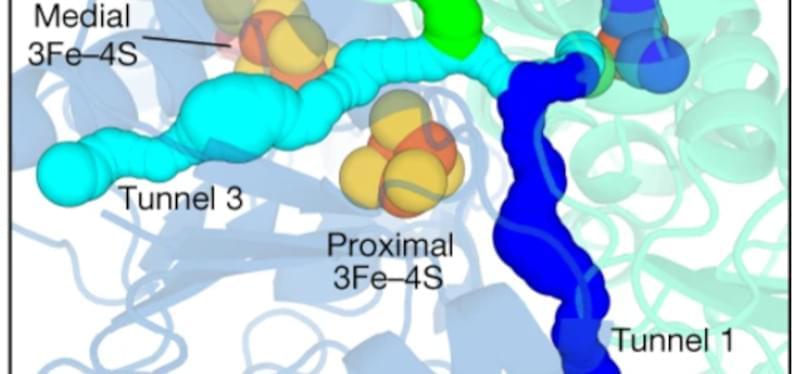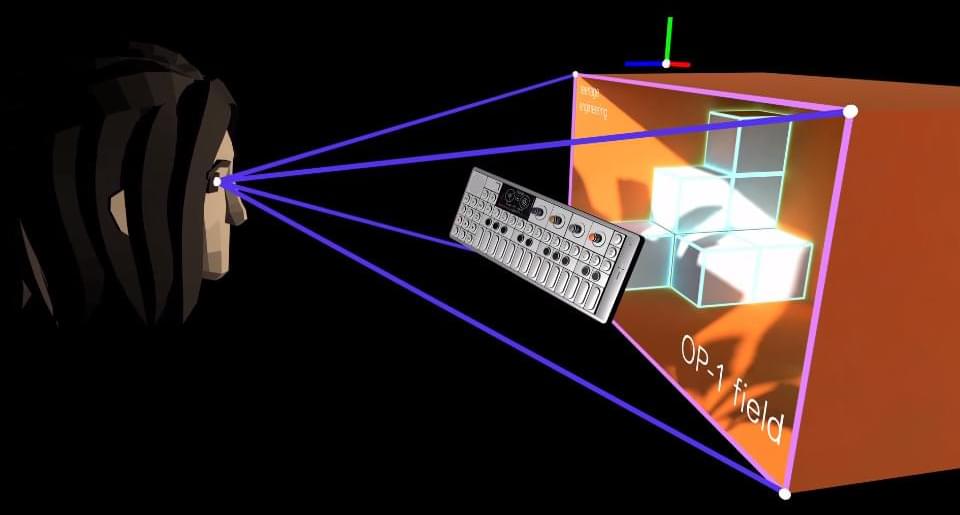Mar 13, 2023
The World in 2100 — Truly MIND BENDING Technologies Will Exist by the Turn of the Century
Posted by Kelvin Dafiaghor in categories: education, robotics/AI, transportation
Are you ready to discover the potential technological developments that could shape the world we live in and get a glimpse of what life in the year 2100 might be like? As we approach the turn of the century, the world is expected to undergo significant changes and challenges. In this video, we will show you how the merging of humans and artificial intelligence can help solve any problem that comes our way and even predict the future.
Imagine being able to access the thoughts, memories, and emotions of billions of people through the hive mind concept. This will provide a unique way of experiencing other people’s lives and gaining new perspectives. Hyper-personalized virtual realities customized to fulfill every individual’s desire will be the norm. Users will enter a world where their every wish and fantasy constantly comes to life, maximizing their happiness, joy, and pleasure.

